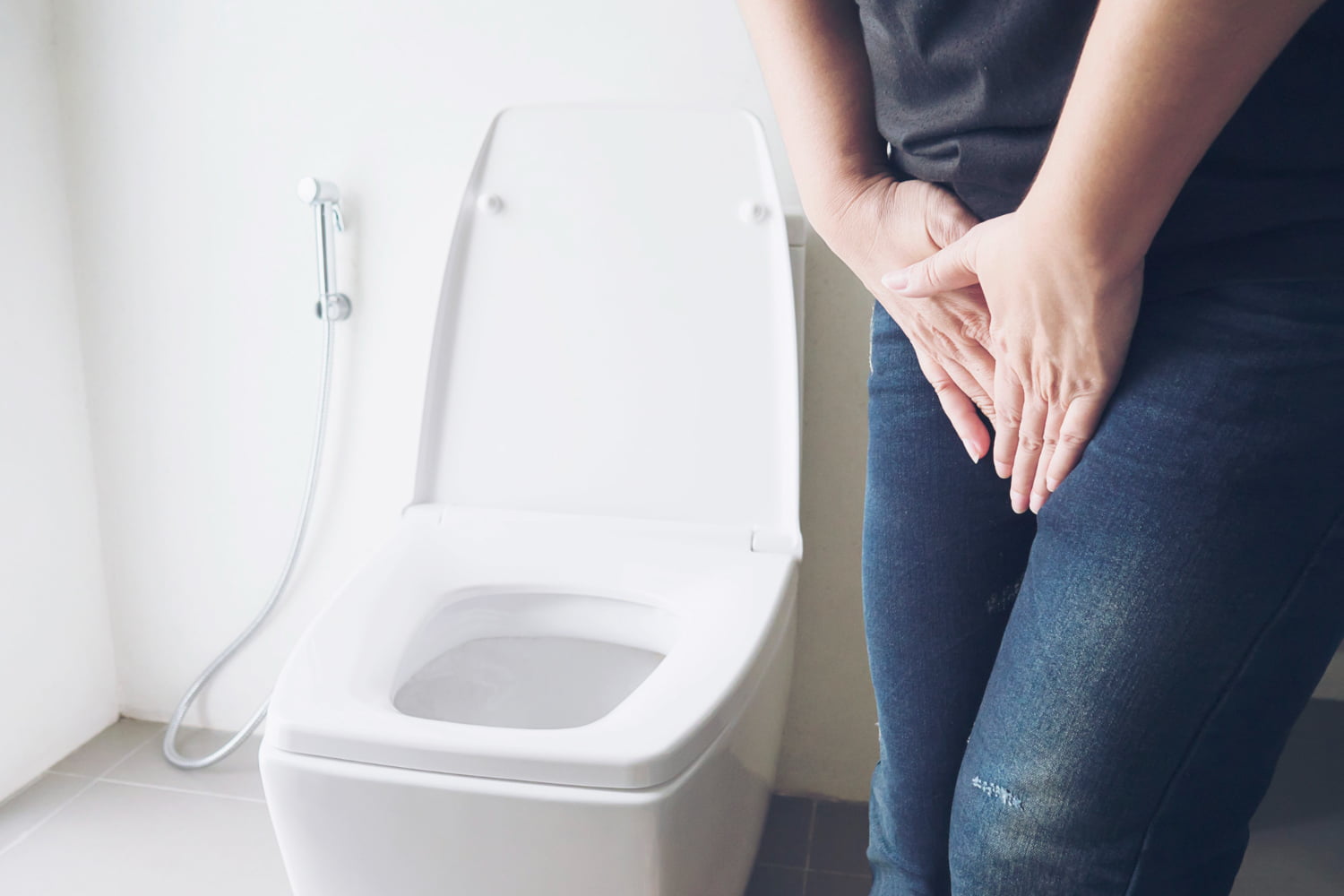- Gleneagles Medical Centre 6 Napier Road, #09-19, Singapore 258499
We strive to help you manage urogynaecologic symptoms so you can get back to living your best life. Book consultation with Dr Arthur Tseng now!

Voiding disorder is a common problem that affects men and women and makes it hard to urinate. It refers to the inability to empty the bladder during urination. It can cause symptoms such as peeing often, weak urine flow, or difficulty emptying the bladder.
Further medical evaluation may need to determine the cause of the voiding disorder.
If you have any of these symptoms, it’s important to see a healthcare professional for diagnosis and treatment.
To diagnose voiding disorder, healthcare professionals will conduct a thorough medical history and physical examination. This may include a pelvic exam for women or a rectal exam for men to check for any flaws. To rule out UTIs or other infections, healthcare providers may also perform a urine test.
In some cases, additional tests like urodynamic testing or cystoscopy may be needed to find the cause of the voiding disorder and create a suitable treatment plan.
Treatment for voiding disorder will depend on the underlying cause and severity of the condition. In certain situations, experts recommend making small lifestyle changes such as:
Other treatment options may involve:
If you are experiencing symptoms of voiding disorder, it is important to seek medical help in Singapore. A qualified healthcare professional will be able to diagnose and treat the condition, improving your quality of life.
At Singapore Urogynaecology, our experienced urogynaecologist specialises in diagnosing and treating voiding disorders and other urinary issues. We offer a range of treatment options tailored to your specific needs, ensuring the best possible outcome for your health. Don’t let voiding disorder affect your daily life, seek help from our team today.
Dr Tseng's expertise covers urinary incontinence and pelvic organ prolapse, apart from that, his particular interest lies in the holistic management of Overactive Bladder Syndrome and other functional bladder conditions. With many years of experience in this field, he is committed to providing patients